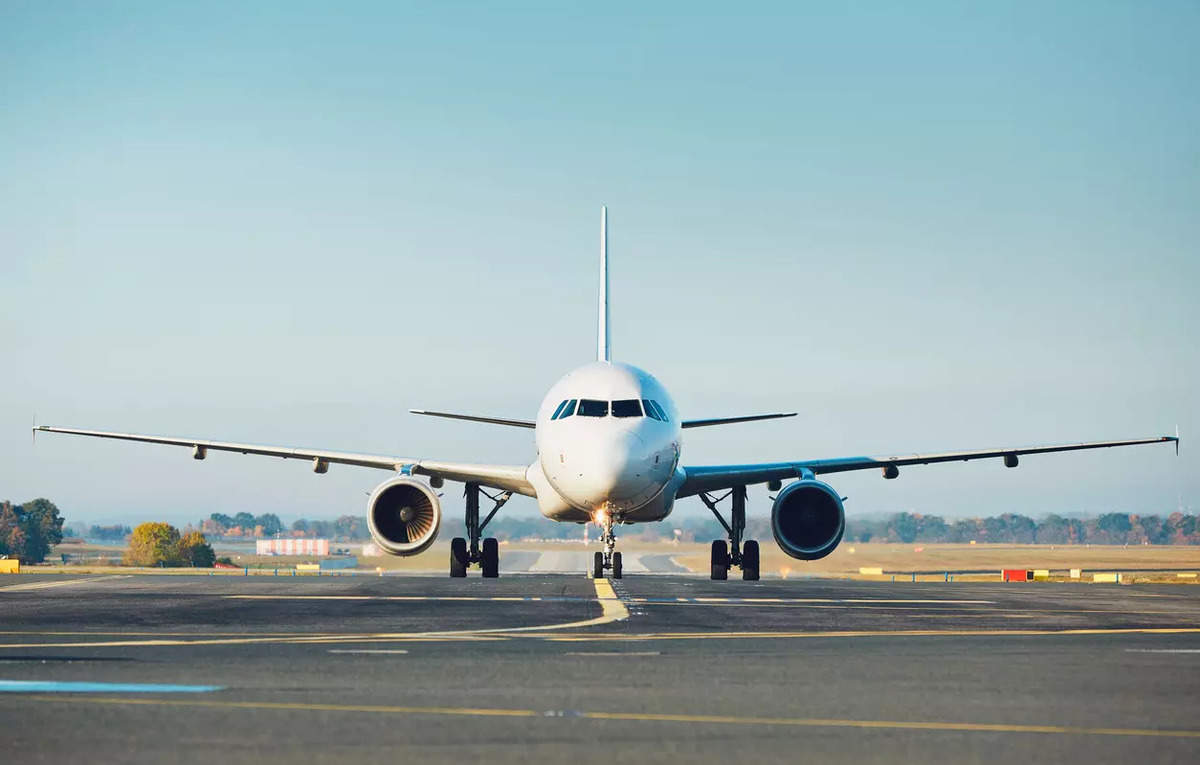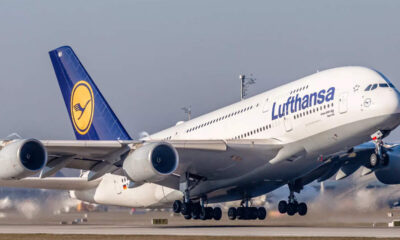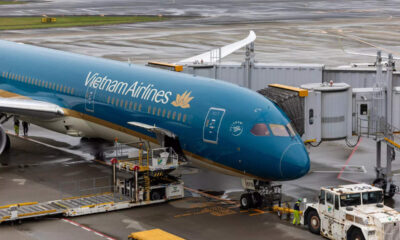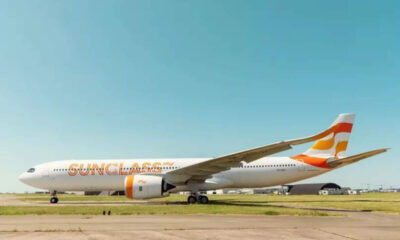Destination
European airlines will miss green jet fuel targets, CEOs warn, BA

The EU’s requirement for 6 per cent of the jet fuel used by its airlines to be sustainable by 2030 is deemed unattainable due to the high cost and limited availability of green fuels, airline CEOs cautioned on Thursday. This statement, issued by a group of CEOs on Wednesday evening, represents a sharp critique of the EU’s sustainability regulations, a stance that the European Commission downplayed.
The CEOs of Ryanair, IAG, Lufthansa, and Air France-KLM have shifted their focus away from a pro-green narrative they previously embraced. They now express concerns over the additional regulatory burdens imposed by the EU requirements for sustainable aviation fuel, fearing that these rules could hinder European aviation competitiveness on a global scale.
“We urgently need an EU aviation strategy to ensure competitive pricing for SAF… unless immediate action is taken, the only viable option is to postpone the 2030 SAF mandate,” stated Luis Gallego, CEO of British Airways-owner IAG.
This sentiment was echoed by the head of the aviation trade body IATA, who unexpectedly joined the discussion in Brussels.
“We cannot ignore the fact that these targets are unrealistic and unachievable. They were never feasible in the first place,” remarked Willie Walsh, director general of the International Air Transport Association, in an interview with Reuters.
However, the executives refrained from outright dismissing the industry’s goal of achieving net zero emissions by 2050. Sustainable aviation fuel currently costs three to five times more than traditional jet fuel and only accounts for 0.3 per cent of the global jet fuel supply. European airlines are projected to incorporate 2 per cent of SAF in their jet fuel mix this year, with the mandate set to increase to 6 per cent by 2030.
A report by Boston Consulting Group released on Thursday revealed that airlines and airports allocate only 1 to 3 per cent of their revenue or budget towards SAF. Despite this, the CEOs affirmed their commitment to advocating for more financial support from the European Commission to establish SAF plants, emphasizing that without a significant supply increase, the mandated targets may need to be revised.
“We believe that the current SAF targets are reasonable and achievable,” stated the European Commission in response to the CEOs’ assertions.
European Commissioner for Transport, Apostolos Tzitzikostas, expressed willingness to collaborate with airline CEOs during the event but did not directly address their request to reconsider the mandate targets. The head of industry group Airlines for Europe highlighted that regulatory costs had tripled between 2014 and 2024, with the CEOs emphasizing the need for EU regulators to take a more global perspective on sustainability, particularly in light of U.S. President Donald Trump’s pro-fossil fuel stance.
Ryanair CEO Michael O’Leary noted that major oil companies, the primary potential producers of SAF, were scaling back their programs.
A source revealed that not all executives were in agreement regarding the decision to publicly advocate for pushing back the mandate targets. Airlines for Europe issued a clarification statement at the end of the conference, reaffirming their commitment to decarbonizing aviation. The airlines criticized the European Union’s sustainability regulations for imposing an unfair cost burden on them, giving an advantage to international carriers exempt from sustainability mandates and able to operate longer routes.
“We are losing market share not only to state-owned carriers in the East but also to private competitors and some U.S. partners. European aviation is lagging behind,” remarked Lufthansa CEO Carsten Spohr.
Similar to the automotive sector, aviation executives suggested that easing sustainability requirements could benefit the industry.
“We initially aimed for a Green Deal, which has now transitioned into a clean deal. I believe we also need a lean deal,” added Spohr.
Last month, the European Commission proposed in its “Simplification Omnibus” to reduce the burden of climate-related reporting, primarily focusing on alleviating pressure on small and medium-sized companies.
-

 Destination8 months ago
Destination8 months agoSingapore Airlines CEO set to join board of Air India, BA News, BA
-

 Breaking News9 months ago
Breaking News9 months agoCroatia to reintroduce compulsory military draft as regional tensions soar
-

 Tech News11 months ago
Tech News11 months agoBangladeshi police agents accused of selling citizens’ personal information on Telegram
-

 Breaking News9 months ago
Breaking News9 months agoBangladesh crisis: Refaat Ahmed sworn in as Bangladesh’s new chief justice
-

 Productivity11 months ago
Productivity11 months agoHow Your Contact Center Can Become A Customer Engagement Center
-

 Toys11 months ago
Toys11 months ago15 of the Best Trike & Tricycles Mums Recommend
-

 Guides & Tips9 months ago
Guides & Tips9 months agoHave Unlimited Korean Food at MANY Unlimited Topokki!
-

 Gadgets3 months ago
Gadgets3 months agoSupernatural Season 16 Revival News, Cast, Plot and Release Date
























